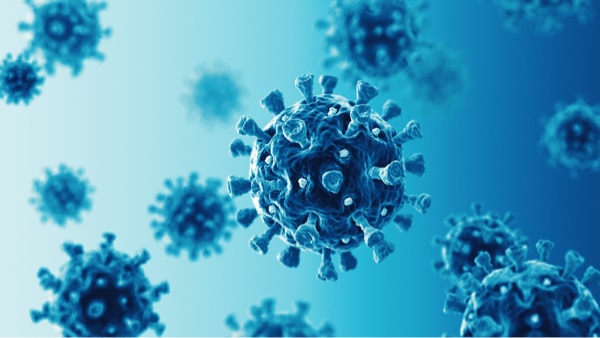Roughly one in five Americans experience tinnitus, the perception of noise in the ears frequently compared to a ringing sound. Many factors contribute to tinnitus; now, we can add COVID-19, thanks to a recent study from Anglia Ruskin University in Cambridge, England.
The study, which looked at 3,103 people with tinnitus from 48 countries, found that 40% of COVID-19 patients experienced an increase in tinnitus symptoms.
While the majority studied in Cambridge had already been diagnosed with tinnitus, a small number appeared to have developed symptoms due to the coronavirus, leading researchers to speculate that tinnitus may be an additional, though somewhat rare, symptom of COVID-19.
Social distancing was another contributing factor to increased symptoms. 46% of UK patients and 29% of North American patients reported increased tinnitus symptoms after having their work and lifestyle routines disrupted. Stress, loneliness and difficulty sleeping made tinnitus more bothersome for 32% of respondents.
Other factors mentioned by participants that exacerbated tinnitus symptoms include increased video calls, noisier home environments, homeschooling and increased coffee and alcohol consumption.
“Some of the changes brought about by COVID-19 appear to have had a negative impact on the lives of people with tinnitus, and participants in this study reported that COVID-19 symptoms are worsening or, in some cases, even initiating tinnitus and hearing loss,” explained Dr. Eldre Beukes, a research fellow at ARU and Lamar University in Texas and lead author of the study.
SH Audiology offers a Tinnitus Relief Program for people with normal hearing and bothersome tinnitus. Through the program, people can borrow ear-level sound generators for up to six months to help with their tinnitus and may choose to keep them afterward if still needed.
For those with tinnitus and hearing loss, hearing devices are often an effective solution. Many newer hearing device models have built-in features designed to reduce tinnitus.
For more information or to schedule an appointment, please call us at (415) 362-2901.

